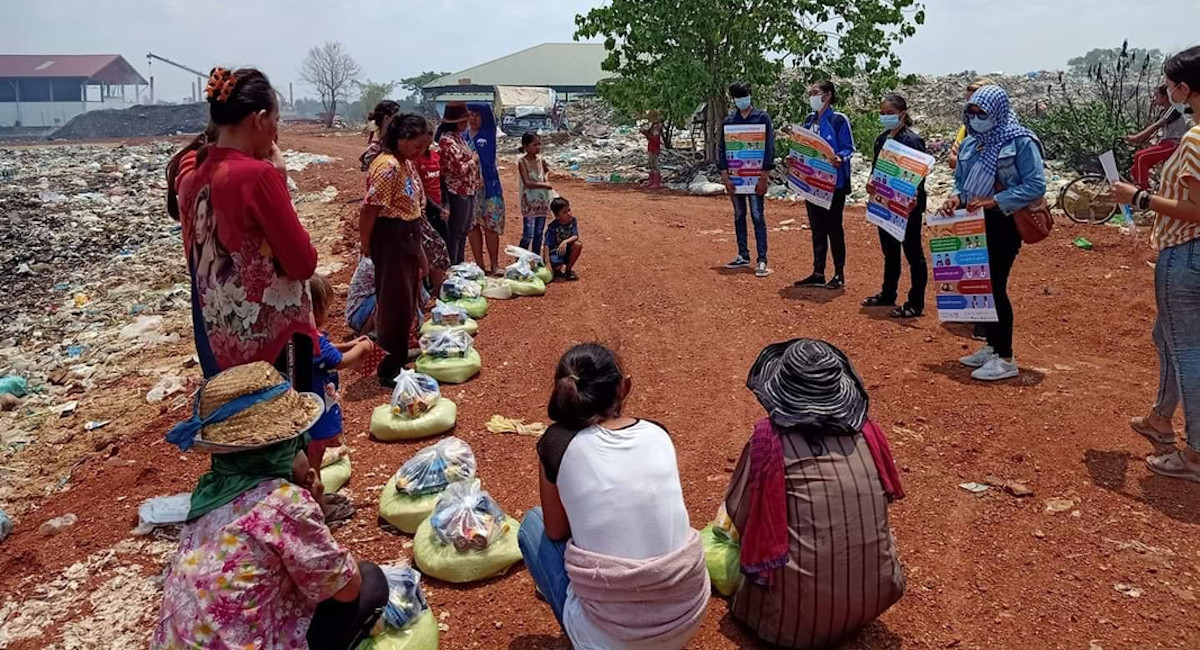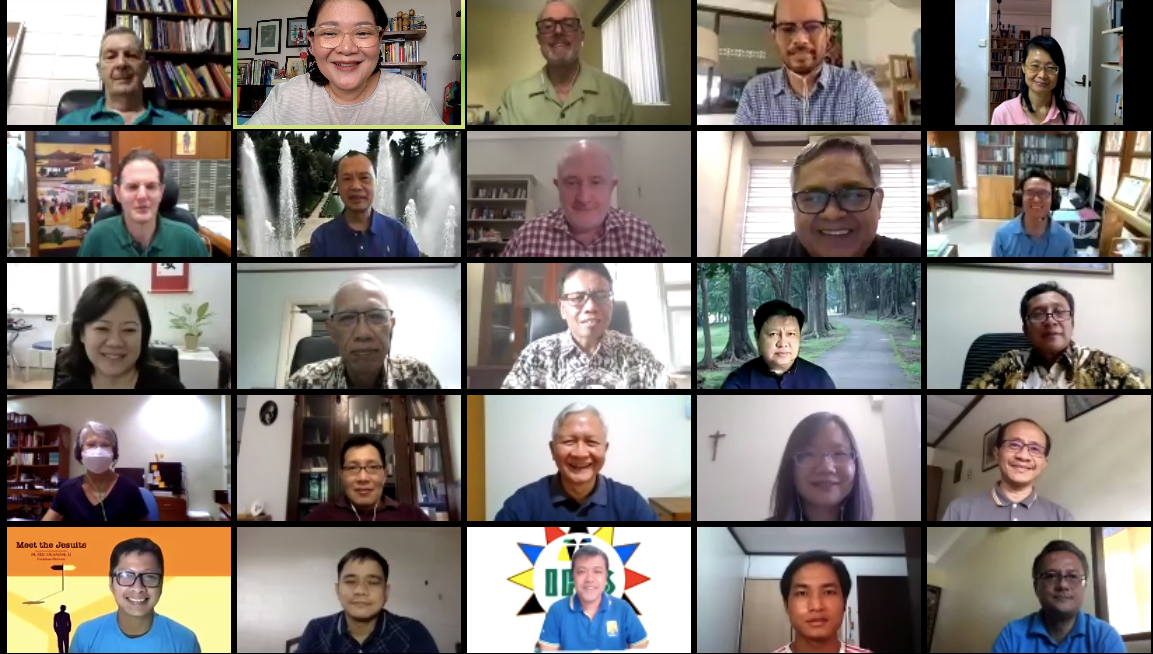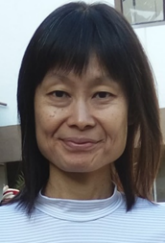
The new year is an opportunity to put fresh heart and mind into rebuilding better from Covid-19, even as the pandemic remains unabated. Looking back at the past year through the eyes of faith, it might be said that this pandemic year was a graced time for us in the Ignatian family to live our spirituality more fully, and to even discover surprising new horizons of its potential. What are some lessons we can learn from our experiences of responding to the pandemic in the Jesuit Conference of Asia Pacific (JCAP) so far?
First, the reality of human beings’ vulnerability came to the fore in many of our reflections, whether in the JCAP Conference on Covid and the UAPs (Universal Apostolic Preferences) in August 2020 or in other conference meetings and province gatherings. What is notable is that vulnerability is seen not primarily as something negative but as a precious grace. To re-phrase a line from a popular family movie, “Our wounds are the cracks that let the light in.” Indeed, vulnerability re-kindles our need for God and one another, and counters the Pelagian, insular, and often self-sufficient attitudes in our technocratic milieu. It is no wonder that humans’ vulnerability and God’s mercy are the starting points of the Spiritual Exercises in the First Week. Moreover, many of the province and network meetings in JCAP started not with a discussion of solutions for church and society but with an honest sharing of how we each have been personally affected by the pandemic. Through such sharing, we become more aware of ourselves and of God’s presence in our own life, and also realised that we were not alone. These precious experiences remind us not to lose our newfound appreciation of vulnerability, even after the pandemic and its socio-economic impact become better controlled.
Another major insight we have gained is the call to mission through communal discernment – a way that is not simply an impulsive reaction to crises but begins with a contemplative look at the world, and follows on with small but concrete steps in sensible response. At the JCAP UAP-Covid conference as well as in the JCAP planning meetings, we listened attentively to a variety of perspectives and engaged in prayer, reflection, and spiritual conversation on what we heard and how we were moved. We learned to “stay with the questions” and be comfortable with uncertainty. At the same time, we saw the need to make concrete responses even if seemingly modest and tentative, especially through collaboration. Several provinces and regions in JCAP such as Cambodia, Thailand, Myanmar, and the Philippines to name a few, have proceeded in similar fashion. In the Spiritual Exercises, the Second Week offers a meditation on the Trinity looking at the world, being moved by its needs and taking concrete action in the Incarnation. We can likewise follow this call to mission in rebuilding from Covid, avoiding the two extremes of impulsive heroism and helpless inactivity or over-preoccupation with internal or church “maintenance”. Moreover, taking a “long, loving look at the real” helps ensure that our responses are adapted to the persons, places, and times accordingly. Just as significant, it helps us see our own need for conversion and its connection with the present issues in church and society.

Along with these insights, we also realised the need to have a proper set of lenses with which to view the world. Reading the signs of the times does not comprise merely noting what is reported in popular media, especially when there is much fake news and biased reporting or disproportional emphases, such as on political and economic aspects of the pandemic. Instead, a proper lens stems from our foundational values and charism. In JCAP for instance, we have used the UAPs as our reference point. Hence we have asked how the pandemic has particularly affected spirituality, the poor, the youth, and the environment. At the same time, the UAPs also guide our agenda in building back better. In the Spiritual Exercises, the Second Week invites us to contemplate the life and ministry of Christ, helping us to see as Christ sees, while also gaining a clearer view of our particular vocation. We can thus discern our priorities and contribute our gifts, and help others do likewise.A specially valuable experience during the pandemic was the spiritual conversations we had in the conference and at provinces and regions, whether physically or online. The underlying principles of spiritual conversation helped us to welcome and value the voice of each person regardless of status or background, and to ensure diversity of perspectives as we discern God’s presence in all things. Through our attentive listening and intentional speaking, engaging head and heart, body and soul, we could gradually see a deeper view and sense the movement of the spirits even at online platforms! These experiences of Ignatian dialogue have much potential to be shared with others, especially amidst the polarisation, superficiality, and one-sidedness that plague many conversations on Covid rebuilding.
Equally important is the commitment to the greater good. The Principle and Foundation in the Spiritual Exercises reminds us to seek God’s will and the universal good, and to subsume our personal, institutional, and national agendas accordingly. This helps each person to come to the conversation with the desire to listen and learn, rather than to advance his or her own viewpoints. Commitment to the greater good even demands that we embrace the inevitable costs, as highlighted in the Third Week of the Spiritual Exercises. These ideals are certainly challenging but they serve as a powerful counter-witness to the unbridled pursuit of personal, institutional, and national interests seen during the pandemic.
Finally, the theme of hope was very prominent in many of our JCAP meetings. Despite widespread illness, loss of livelihood, injustices, and a worsening climate crisis, Ignatian Spirituality reminds us not to lose hope since God’s love will be victorious as highlighted in the Fourth Week of the Spiritual Exercises. This propelled us to see both lights and shadows in the present situation, and to note how God is already bringing new life in the pandemic, such as in the ordinary people’s spontaneous acts of solidarity, the youth’s creative energies, and the new initiatives enabled by technology.
Looking back, our collective experiences in the pandemic have indeed brought out the best in our spirituality, and this spirituality has kept us alive in the storm, perhaps more than we realised. The first UAP invites us to show the way to God through Ignatian Spirituality. Having been greatly helped by this spirituality ourselves, we can endeavour to share with others the above ways of proceeding as we collaborate to build back better in church and society.
 Christina Kheng teaches pastoral leadership at the East Asian Pastoral Institute and is a Planning Consultant with the Jesuit Conference of Asia Pacific. Her research focuses on theological methodologies in Church-society dialogue. She can be contacted at chriskheng@gmail.com
Christina Kheng teaches pastoral leadership at the East Asian Pastoral Institute and is a Planning Consultant with the Jesuit Conference of Asia Pacific. Her research focuses on theological methodologies in Church-society dialogue. She can be contacted at chriskheng@gmail.com

